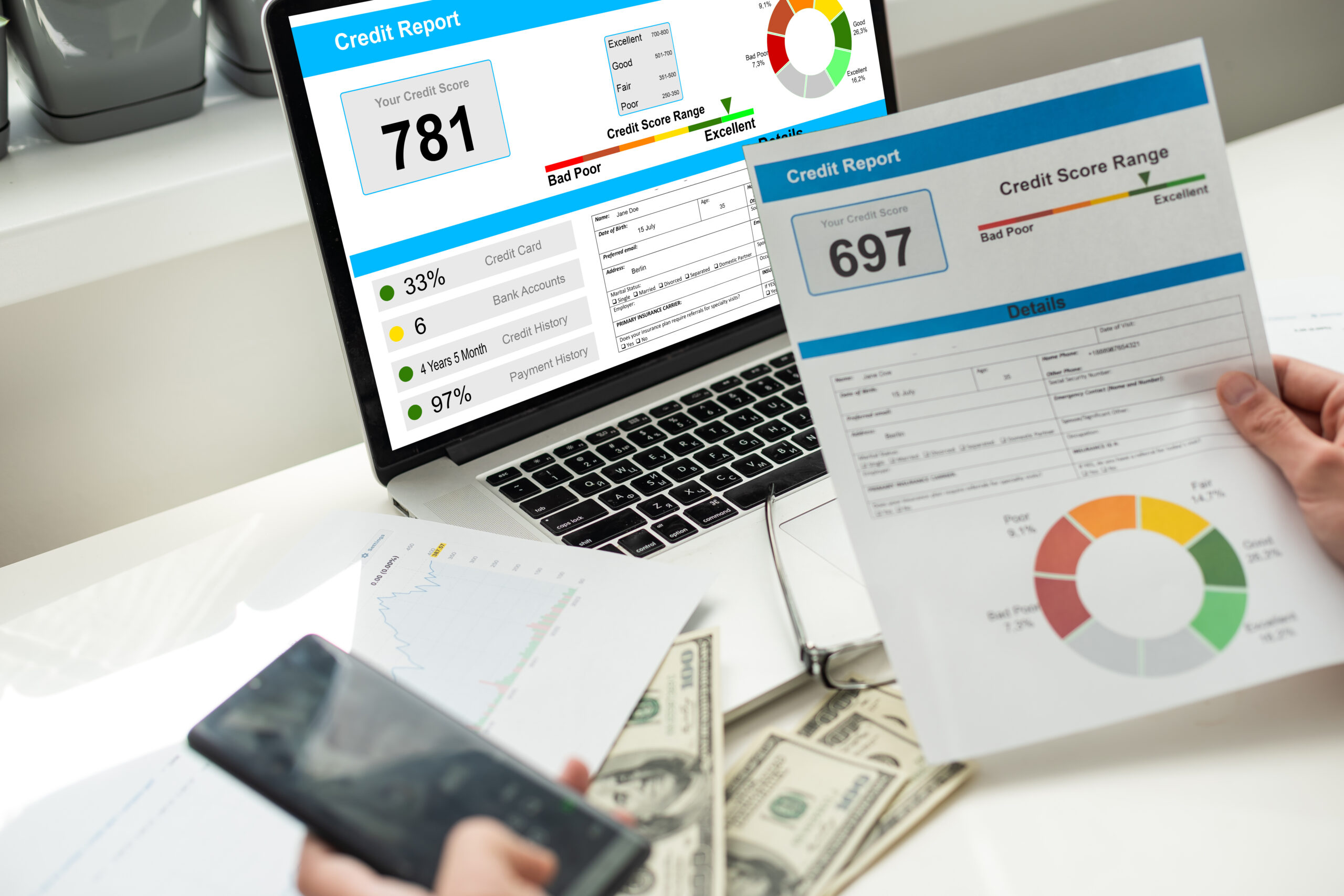
Your credit report plays a crucial role in determining your financial health, affecting everything from loan approvals to interest rates and even job opportunities. But what happens when errors appear on your report? Even minor inaccuracies can lower your credit score, leading to financial roadblocks. In this guide, we’ll explore the most common credit report errors, why they matter, and, most importantly, how to fix them to maintain a strong financial standing.
Why Credit Report Accuracy Matters
A clean and accurate credit report ensures that lenders, landlords, and even employers see a true reflection of your financial responsibility. Errors can result in:
- Higher Interest Rates: A lower credit score due to inaccuracies can cause lenders to charge you more in interest.
- Loan Denials: False negative information may lead to mortgage, auto, or personal loan rejections.
- Job Rejections: Some employers check credit history, and errors could affect hiring decisions.
- Limited Credit Access: Incorrect late payments or collections can prevent you from securing credit cards or favorable terms.
A Federal Trade Commission (FTC) study found that one in five consumers has an error on their credit report. This highlights the importance of regularly reviewing and correcting inaccuracies.
Common Credit Report Errors
Errors on credit reports happen more often than you might think. Some of the most common issues include:
- Incorrect Personal Information: Misspelled names, wrong addresses, or mixed-up Social Security numbers can lead to errors.
- Duplicate Accounts: The same loan or credit card may appear more than once, falsely inflating your debt.
- Outdated Information: Negative marks that should have been removed (such as late payments older than seven years) may still be reported.
- Mistaken Late Payments: Payments marked as late when they were actually made on time.
- Accounts That Aren’t Yours: Your report might contain accounts belonging to someone else, either due to identity theft or credit file mix-ups.
- Incorrect Account Status: Closed accounts that are listed as open, or debts marked as unpaid when they were settled.
- Wrong Credit Limits or Balances: Errors in reporting available credit or outstanding debt can impact your credit utilization ratio.
How to Fix Credit Report Errors
Fixing credit report errors requires a structured approach. Follow these steps to ensure your credit report is accurate:
1. Obtain Your Credit Reports
Each of the three major credit bureaus, Experian, Equifax, and TransUnion, may have different information on file. You’re entitled to a free credit report from each bureau once a year at AnnualCreditReport.com.
2. Review Your Report for Errors
Go through your credit report line by line and highlight any incorrect information. Pay close attention to personal details, account statuses, payment history, and balances.
3. Gather Supporting Documents
If you find an error, gather evidence to support your dispute. This may include:
- Bank statements showing payments made on time.
- Loan payoff letters for closed accounts.
- Identity documents proving your personal details.
4. File a Dispute with the Credit Bureaus
You can dispute errors with each credit bureau online, by mail, or by phone:
- Experian: experian.com/disputes
- Equifax: equifax.com/personal/disputes
- TransUnion: transunion.com/dispute
Include a detailed explanation of the error, supporting documents, and your contact information. The credit bureau must investigate within 30 days and notify you of their findings.
5. Follow Up and Verify the Correction
After filing a dispute, request an updated credit report to confirm that the errors have been corrected. If the bureau denies your dispute, you can request a written explanation and escalate the issue by:
- Contacting the lender or creditor directly.
- Filing a complaint with the Consumer Financial Protection Bureau (CFPB) at consumerfinance.gov.
- Adding a statement of dispute to your credit report, which lenders will see when reviewing your file.
How to Prevent Future Errors
Preventing credit report errors can save you time and stress. Here’s how to stay on top of your credit health:
- Monitor Your Credit Regularly: Use credit monitoring services or apps to track changes and catch errors early.
- Set Up Payment Alerts: Late payments can appear on your report incorrectly, so use reminders to stay ahead.
- Be Cautious with Shared Credit Accounts: If you co-sign a loan or share a credit card, track all transactions carefully.
- Protect Your Identity: Use strong passwords and enable alerts for suspicious financial activity to prevent fraud.
Conclusion
Errors on your credit report can have serious financial consequences, but the good news is they’re fixable. By checking your reports regularly, disputing inaccuracies, and taking proactive steps to prevent future mistakes, you can maintain a healthy credit score and secure better financial opportunities. If you need expert guidance in fixing credit report errors or improving your financial standing, Nulldebt is here to help. Contact us today to take control of your credit future!